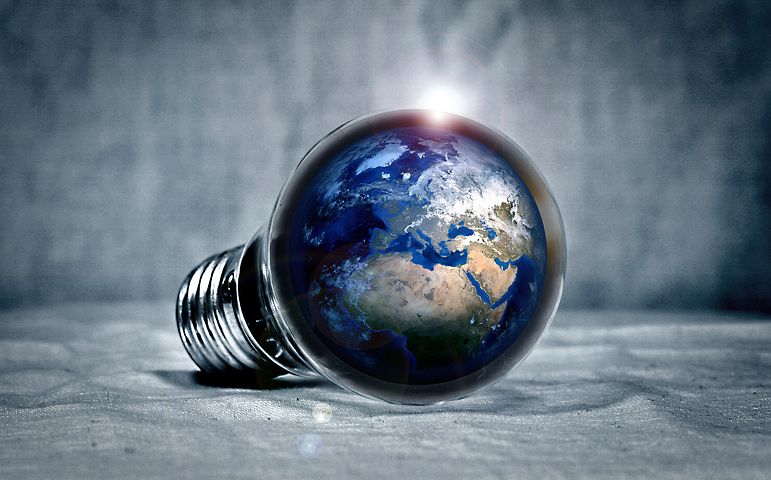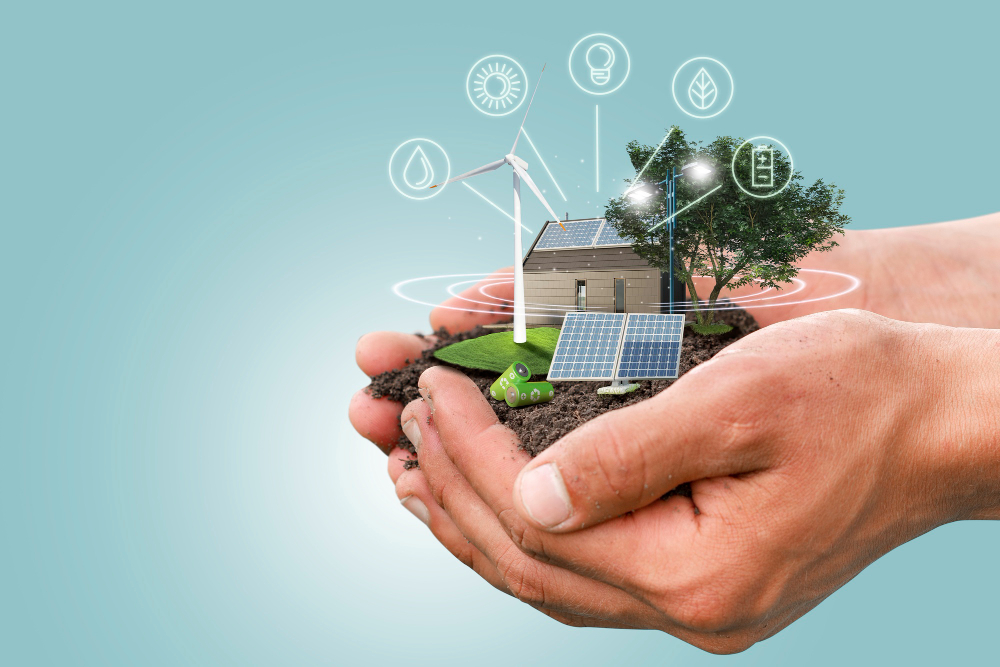

As the majority of us know, global warming is a pressing issue – and many scientists believe that it has started to take effect. Record temperatures recorded over the past two summers, for example, have been widely linked to climate change. So, what can we do to reduce our impact on the planet? As experts are keen to underline, there’s one solution that almost all of us can adopt: saving energy at home.
Here, we explore the main reasons behind this, as well as the ways to achieve a more energy-efficient living space.
Reducing harmful emissions
How does saving energy at home help the planet? Though it sounds like a complicated question, the answer is surprisingly simple. Although many companies provide green energy, there are still those that don’t. This means that many of us consume energy and electricity within our homes that has been generated from fossil fuels, such as coal and crude oil.
As you’ll no doubt already know, fossil fuels are harmful because they emit greenhouse gases like Carbon Dioxide. While the greenhouse effect is a natural process that warms the planet’s surface, greenhouse gases add more heat into the atmosphere, which then becomes trapped.
This leads to the warming that threatens to disrupt Earth’s climate system. By saving energy at home, we could all reduce this damaging effect.
Lowering energy consumption
How can we make our energy consumption less harmful for the planet? Well, we’ve already touched on one option – you could always switch to a green energy provider. Now, there are many green energy providers to choose from these days, so it’s best to use an energy comparison site like Electricityrates.com to ensure you are getting the best deal. This is a booming industry – so, you’re guaranteed to secure a reliable, eco-friendly energy company.
Contrary to what many people say, green energy doesn’t have to be expensive. So long as you research the market thoroughly, you can easily find a good deal on your home’s energy and electricity. Services like the Citizens Advice Bureau offer plenty of tips for homeowners wanting to switch to an eco-friendly, “green” tariff.
In addition to green providers, blinds that reduce energy consumption can be highly effective. Find a specialist, and you’ll be able to secure a set that insulates your windows and maintains the temperature of your interior space throughout the year.
The future of renewable energy in American and British homes
So, can America and Britain look forward to a renewable energy future? The simple answer? Hopefully. If the penultimate quarter of 2019 is anything to go by, more American and UK homeowners will likely transition to green energy providers in the not so distant future. According to research, renewable energy sources generated more electricity for British homes than fossil fuels. This is the first time in history that wind energy, renewable biomass plants, and solar panels have produced more power than fossil fuels. So long as Brits continue to save energy, this could very well be sustained.”
Saving energy at home needn’t be difficult – with a few small changes, you’ll be able to create a more eco-friendly living area. And this could have huge benefits for the planet.


